The ongoing war is escalating and the threat of an all-out ground war looms. Israel struck targets in the occupied West Bank, Syria, and Lebanon and traded fire with Lebanon’s Hezbollah militant group. More than 5,087 people have been killed in Israeli attacks, around a quarter of them children, and 15,273 wounded in Gaza. Another 1,000 people were missing and believed to be under rubble. At least 1,400 Israelis have been killed, including foreign nationals.
In the occupied West Bank, 96 Palestinians have been killed and more than 1,650 injured. At least 27 Americans have also been killed in Israel. Hamas militants held 222 people captive. Two of those have been released.
More than 5,000 have been injured on both sides of the conflict.
There are now fears that violence will spread across the volatile region. Israel has signaled that a ground offensive into Gaza will be “far more comprehensive and ferocious than any previous conflict with Hamas.”
Also Read: Israel-Palestine Conflict Dynamics in West Asia
On October 22, Iran’s senior diplomat, Hossein Amir-Abdollahian, issued a warning about the violence spreading. He stated that if Israel and Washington did not “immediately stop the crime against humanity and genocide in Gaza “the region would go out of control”.[3]
However, just hours after the Pentagon moved to step up military readiness in the region, Washington declared it would not hesitate to intervene in the event of any “escalation”.
“If any group or any country is looking to widen this conflict and take advantage of this very unfortunate situation that we see, our advice is: don’t,” US Defence Secretary Lloyd Austin said.
Read the Complete Article in the Below PDF:
Disclaimer: The views expressed in this article are of the author solely. TheRise.co.in neither endorses nor is responsible for them. Reproducing this content without permission is prohibited.
About the author
Sohail Mahmood is an independent global affairs analyst and the author of several books, monographs, and research articles on the Middle East and South Asian politics, governance, and development issues. He has taught for about 30 years in various universities of Pakistan and the US and has worked as a consultant for the World Bank, CIDA, SDC, IUCN, and UNDP. Sohail lives in Chapel Hill, North Carolina, United States.

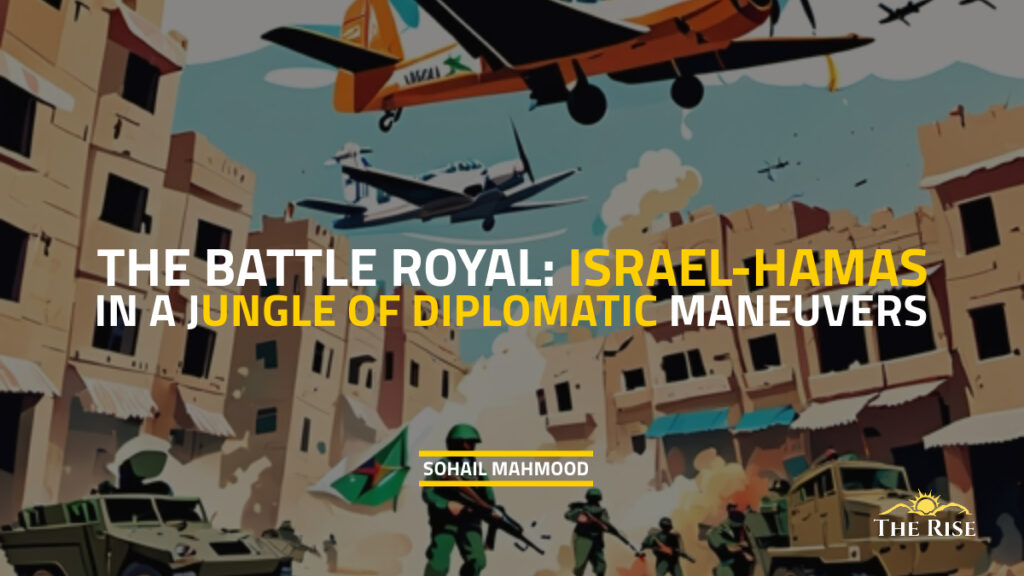


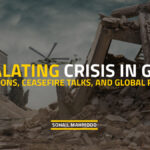

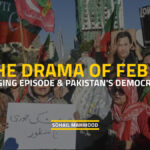
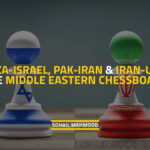

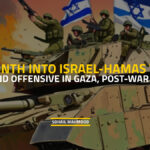




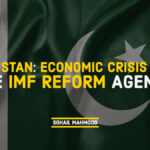
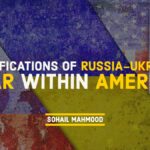
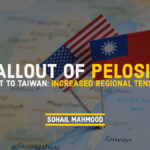
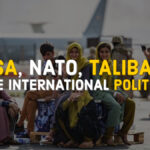

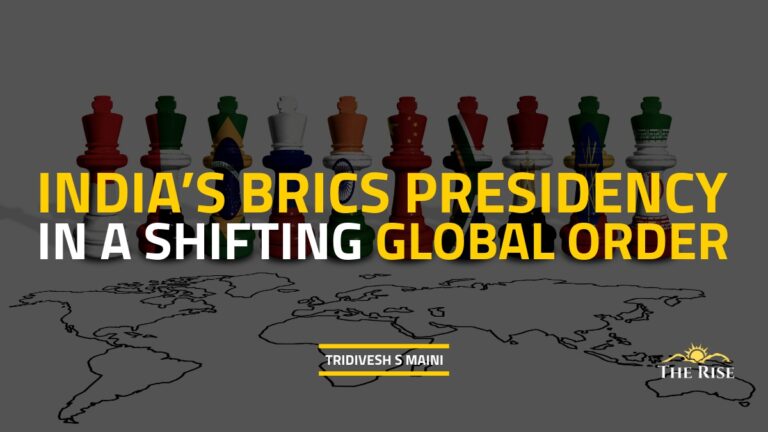


Pingback: The Chinese Potential: Close Ties with Tehran, Dialing Down Israel-Palestine Tensions - TheRise.co.in